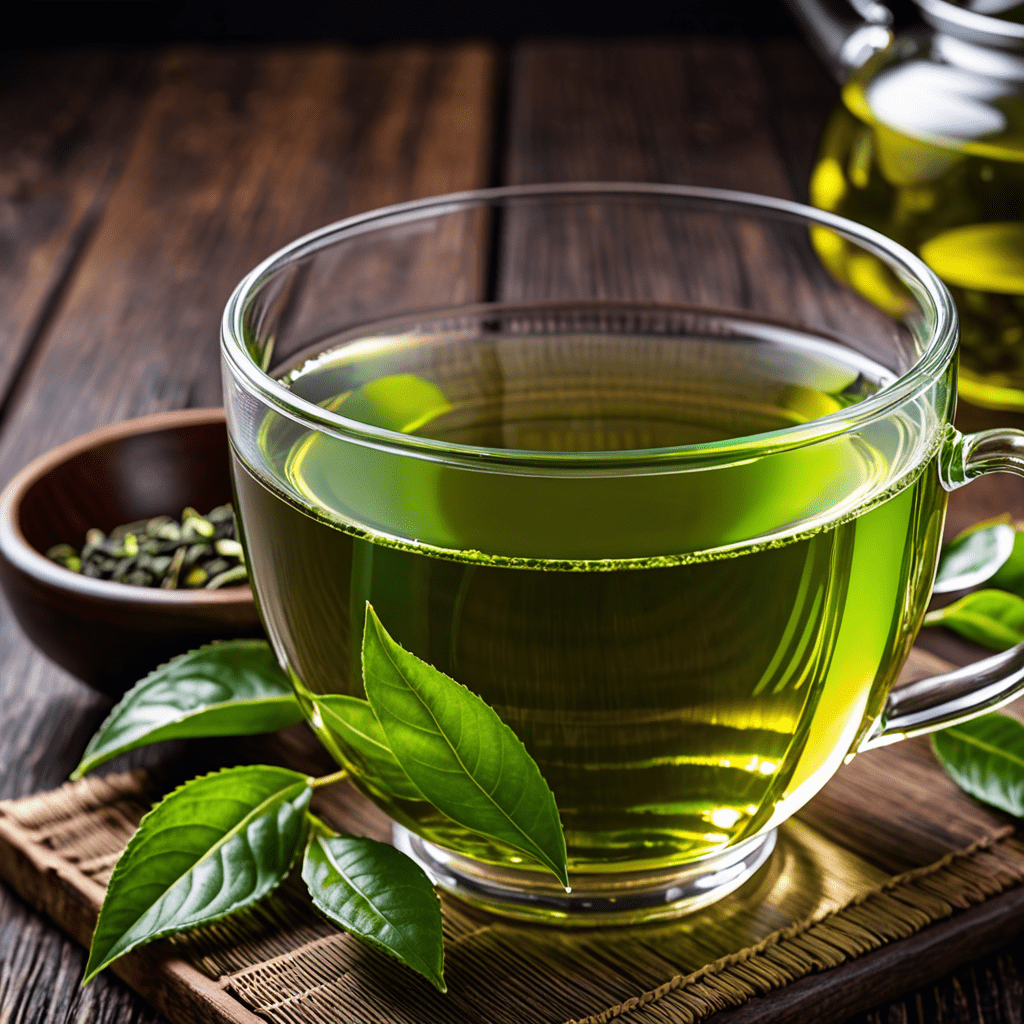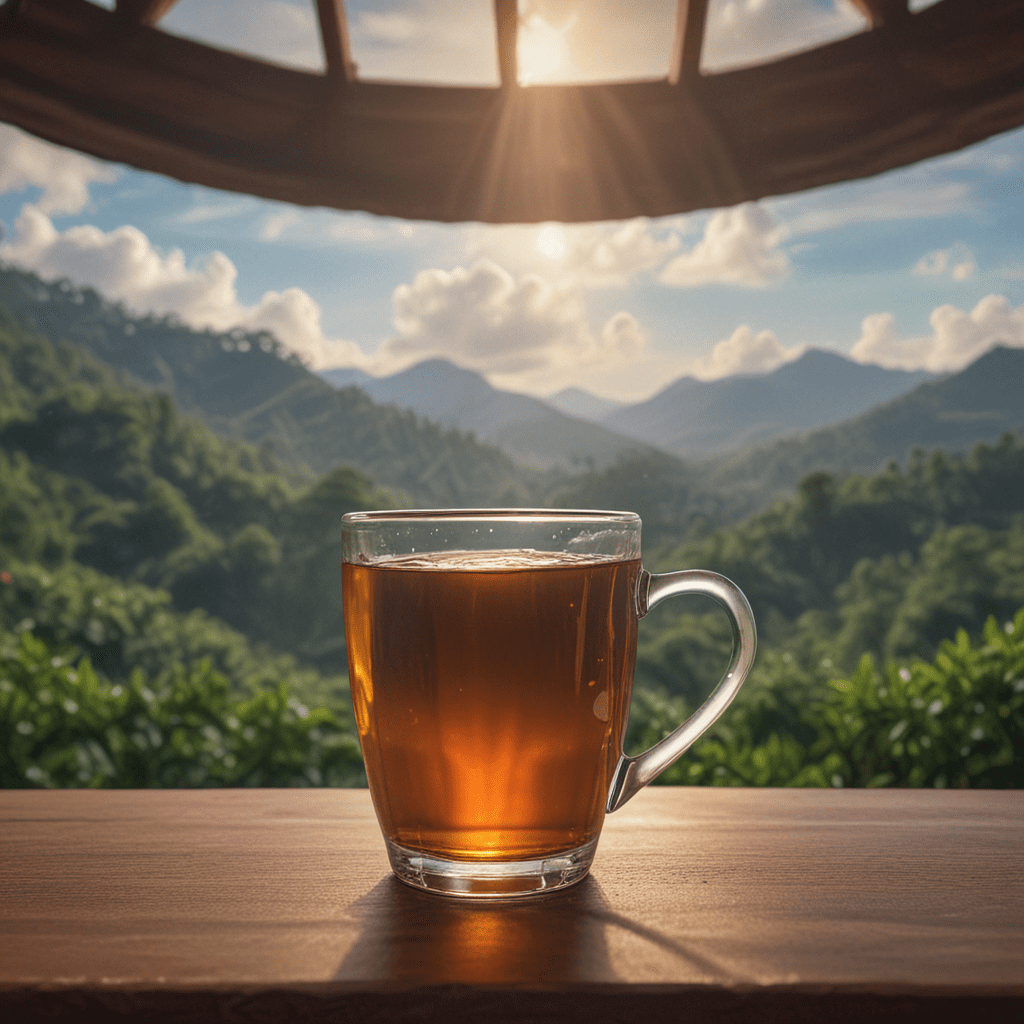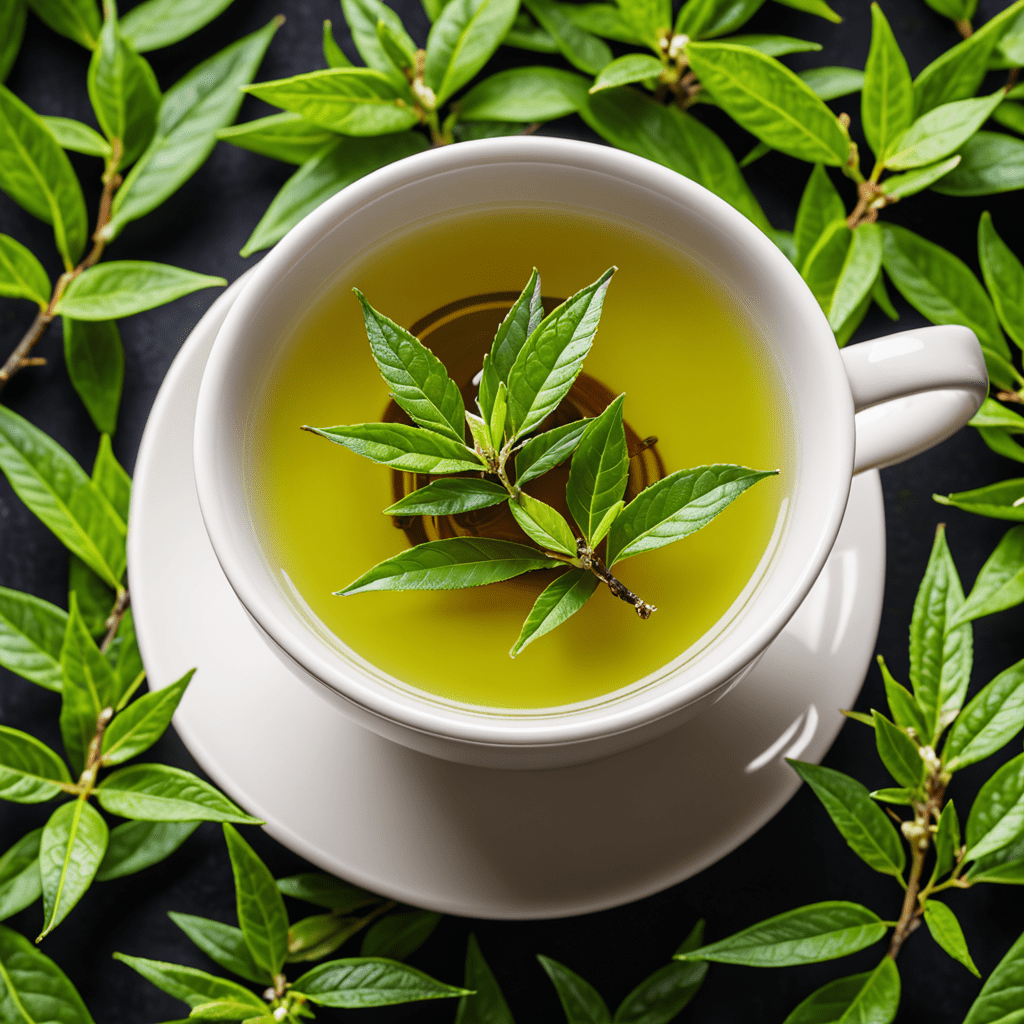Assam Tea: The Perfect Cup of Serenity
Assam tea is a world-renowned brew that evokes a sense of serenity and tranquility. Its unique flavor, rich aroma, and health benefits have captivated tea enthusiasts for centuries. Assam, a verdant region in northeastern India, is where this exquisite tea originates.
The Allure of Assam Tea and its Profound History
For over two centuries, Assam tea has been cultivated amidst the lush landscapes of Assam. Its origins can be traced back to the British colonial era when tea plants were discovered growing wild in the region. Recognizing its potential, the British established tea plantations, transforming Assam into a hub of tea production. Today, Assam tea is celebrated globally for its exceptional quality and distinct characteristics.
The Assam Region: A Unique Terroir for Tea Cultivation
The Assam region is blessed with a unique terroir that ideally suits tea cultivation. The tropical climate, abundant rainfall, and rich soil provide the perfect conditions for tea plants to thrive. The Brahmaputra River, which flows through the region, further contributes to the tea's distinctive flavor profile. The combination of these natural elements creates a microclimate that fosters the cultivation of premium-quality tea.
Cultivation Practices: Sustainable Farming and Ethical Harvesting
Assam tea plantations adhere to sustainable farming practices that prioritize environmental conservation. Tea plants are grown without the use of harmful pesticides or chemicals, ensuring the tea's natural purity. Ethical harvesting techniques are also employed to preserve the well-being of tea workers and the surrounding ecosystem. The commitment to sustainability extends throughout the tea production process, ensuring a harmonious balance between nature and commerce.
Processing: The Art of Transforming Leaves into Aromatic Wonders
Assam tea undergoes a meticulous processing method that transforms the freshly plucked leaves into the aromatic brew we savor. The leaves are first withered to reduce moisture, then rolled to release their essential oils. Oxidation, a controlled process that brings out the tea's characteristic flavors and aromas, follows. Finally, the tea is dried to preserve its quality while enhancing its complexity. Each step of the processing chain is carefully monitored by skilled artisans to ensure the tea's exceptional taste and aroma.
Characteristics of Assam Tea: Rich Body, Malty Flavor, and Robust Aroma
Assam tea is renowned for its bold and robust flavor profile. It possesses a full-bodied character with a distinctive malty sweetness that lingers on the palate. Its deep amber color is indicative of its high concentration of antioxidants and theaflavins, which contribute to its rich and satisfying taste. The aroma of Assam tea is equally captivating, exuding notes of malt, honey, and toasty nuts.
Health Benefits: A Cup of Well-being with Antioxidants and Caffeine
Beyond its delectable taste, Assam tea offers a multitude of health benefits. It is a rich source of antioxidants, which help protect cells from damage caused by free radicals. The antioxidants in Assam tea have been linked to reducing the risk of chronic diseases such as cancer and heart disease. Additionally, Assam tea contains moderate levels of caffeine, which can provide a gentle boost of energy and alertness without causing jitters or anxiety.
Perfect Brewing Methods: Unlocking the Flavors of Assam Tea
To fully appreciate the exquisite flavors of Assam tea, proper brewing techniques are essential. While personal preferences may vary, there are a few general guidelines to follow. For a single cup, use approximately 2 grams of tea leaves and steep them in freshly boiled water for 3-5 minutes. For a larger pot, adjust the amount of tea leaves accordingly. Allow the tea to steep undisturbed to allow the flavors to fully develop. Once steeped, strain the tea and enjoy its rich and aromatic brew.
Gourmet Blends: Exploring Captivating Combinations
Assam tea can be enjoyed on its own or blended with other teas to create captivating flavor combinations. Blended with Ceylon tea, Assam tea creates a full-bodied and flavorful brew with a hint of citrus notes. When combined with Darjeeling tea, it results in a balanced and aromatic blend with a floral undertone. Experimenting with different blends allows tea enthusiasts to discover new and exciting flavor profiles.
Assam Tea Culture: A Way of Life, Steeped in Tradition
In Assam, tea is more than just a beverage; it is an integral part of the local culture and lifestyle. Tea plantations provide employment and sustenance to a large portion of the population, and tea gardens are often the center of community life. The traditional way of serving tea in Assam is with milk and sugar, a combination that enhances the tea's rich and malty flavors. Tea is also an important part of social gatherings and festivals, where it is shared and enjoyed amongst friends and family.
Conclusion: The Enduring Legacy of Assam Tea, a Symbol of Serenity
Assam tea has captured the hearts and palates of tea lovers around the world for centuries. Its distinct flavor profile, health benefits, and cultural significance make it a truly exceptional brew. Whether savored alone or with loved ones, Assam tea offers a moment of tranquility and rejuvenation. Its enduring legacy will continue to inspire tea enthusiasts for generations to come.
Frequently Asked Questions (FAQs)
- What is the difference between Assam tea and other black teas?
Assam tea is known for its robust and malty flavor compared to other black teas, which may have more floral or citrusy notes.
- What is the ideal brewing time for Assam tea?
For a single cup, steep Assam tea leaves for 3-5 minutes in freshly boiled water. Adjust the steeping time according to personal preference or the desired strength of the brew.
- Can Assam tea be consumed without milk?
Yes, Assam tea can be enjoyed without milk. However, adding milk enhances its rich and malty flavors and is a traditional way of serving tea in Assam.
- Is Assam tea high in caffeine?
Assam tea contains moderate levels of caffeine, offering a gentle boost of energy without inducing jitters or anxiety.
- Where can I purchase high-quality Assam tea?
Assam tea can be found in specialty tea shops, online retailers, and some supermarkets. Look for reputable brands that prioritize sustainable farming and ethical harvesting practices.


